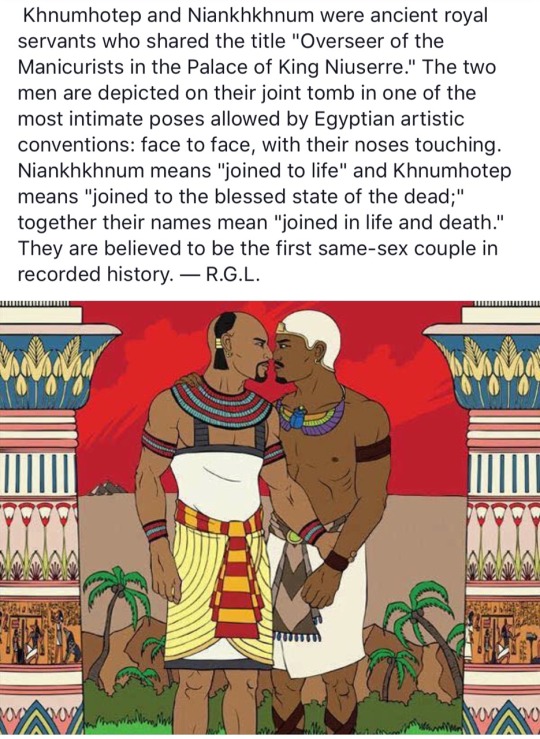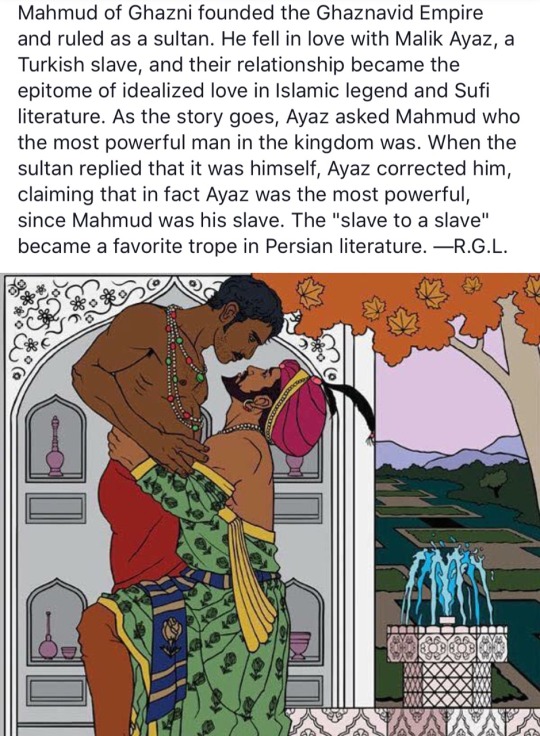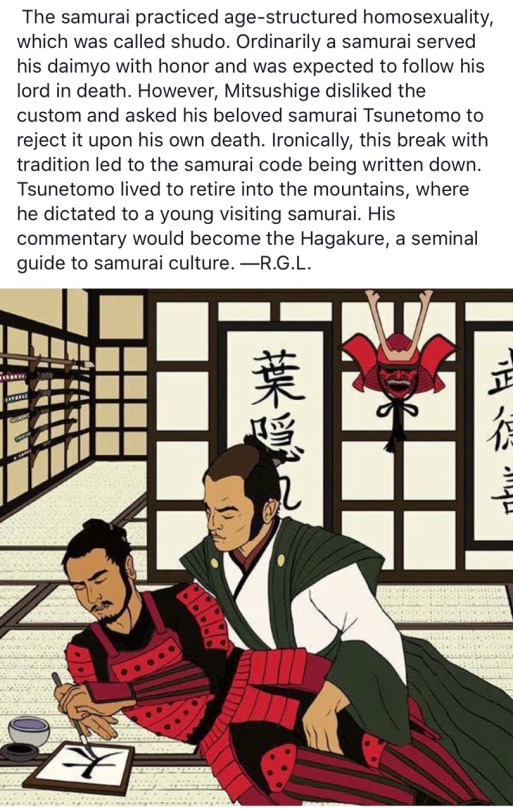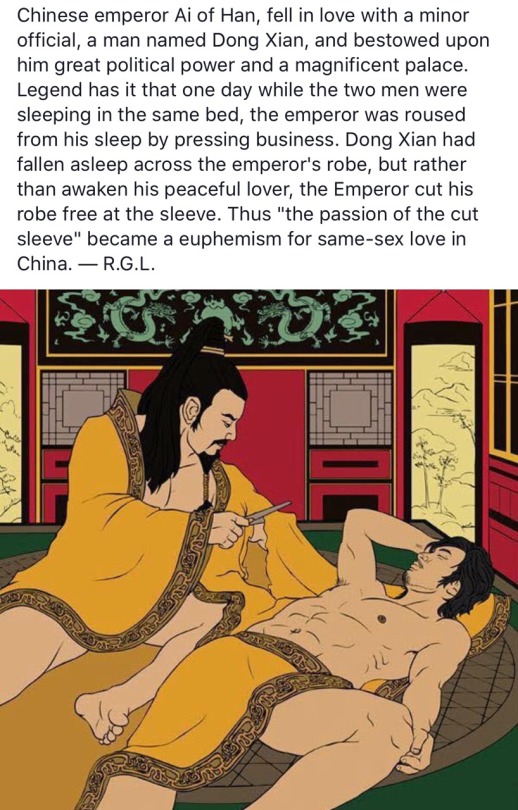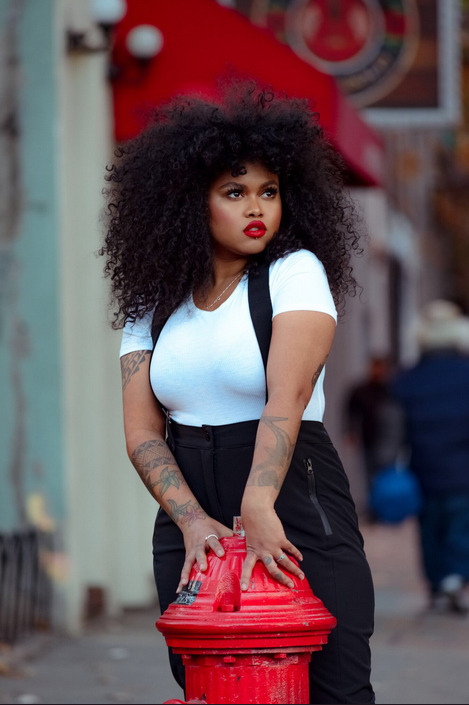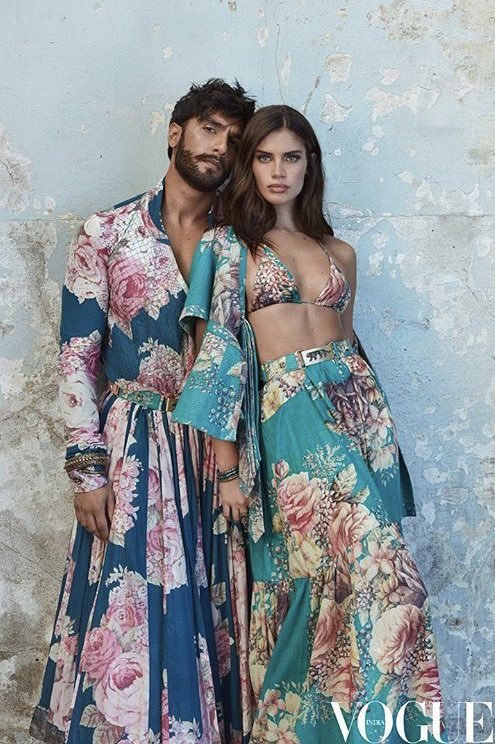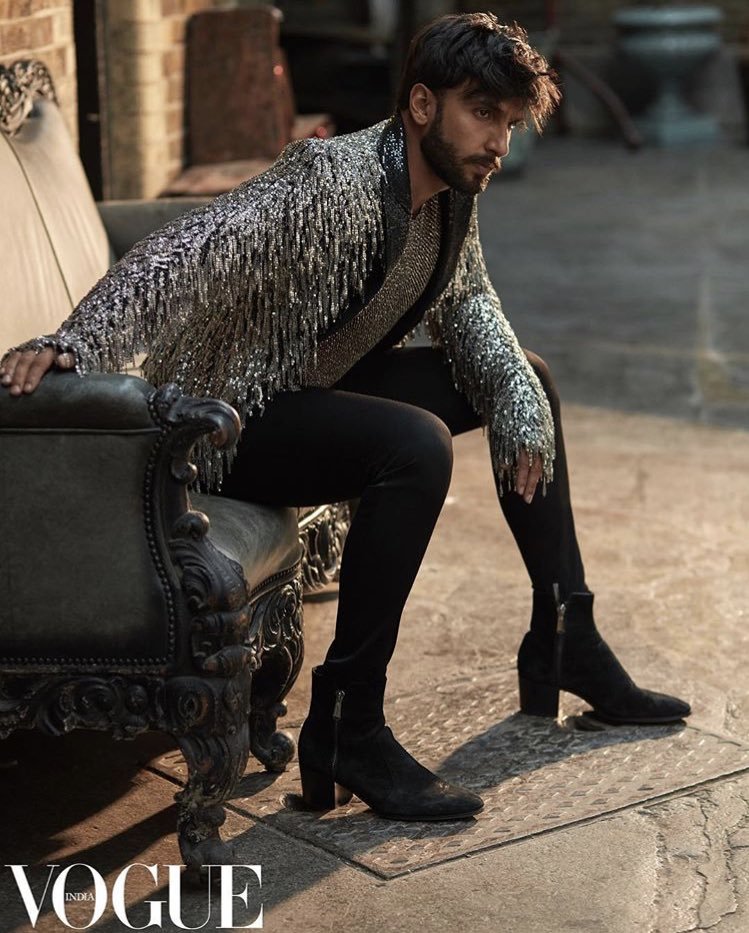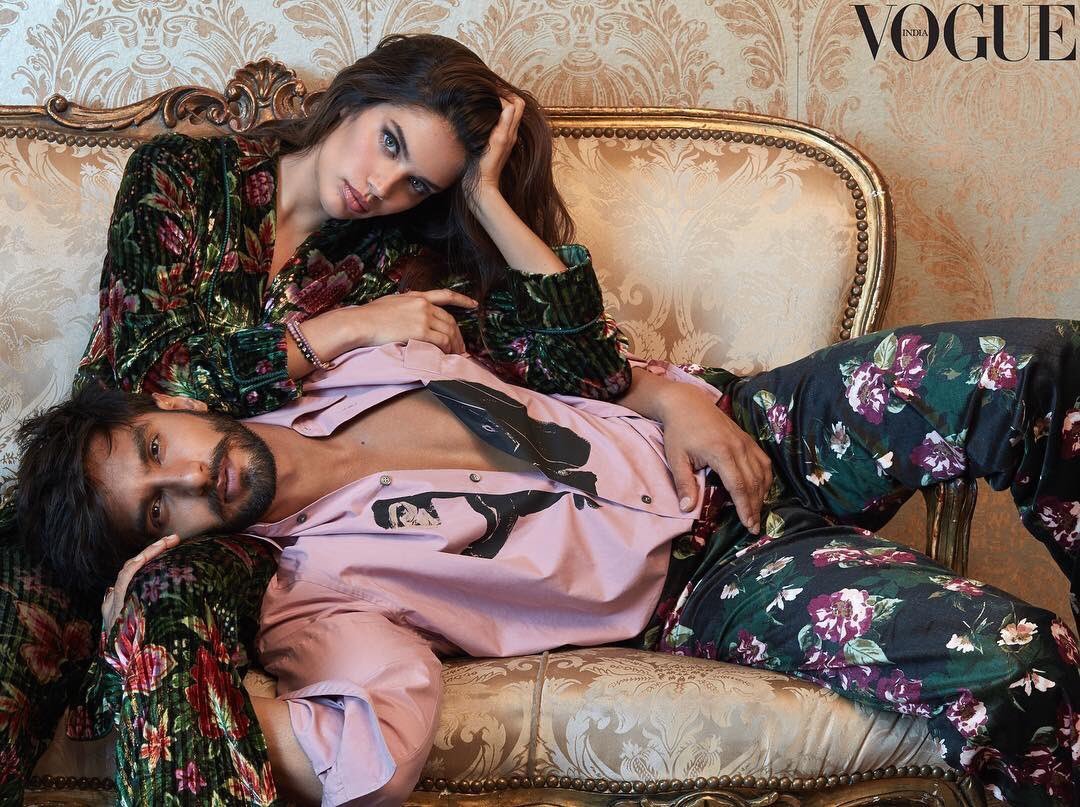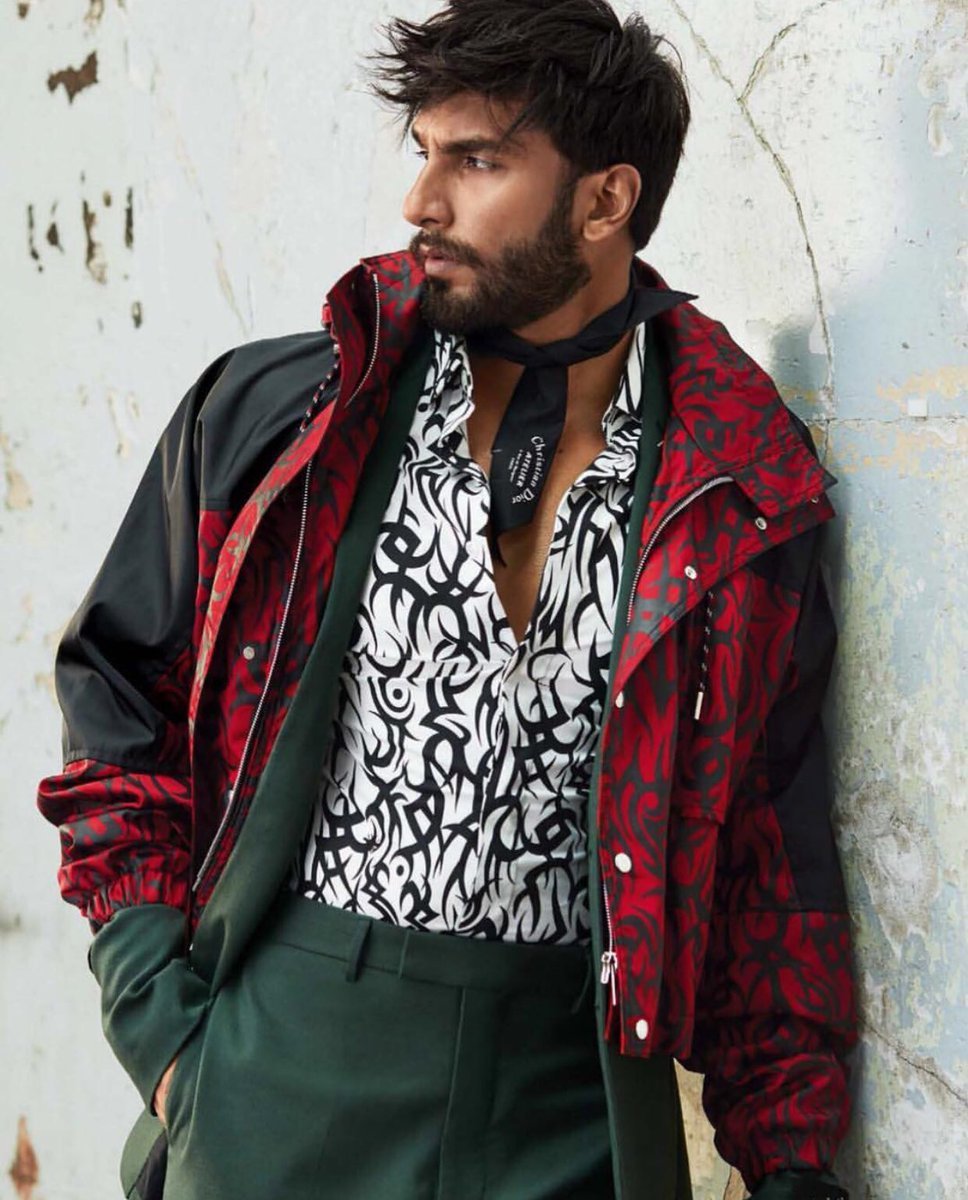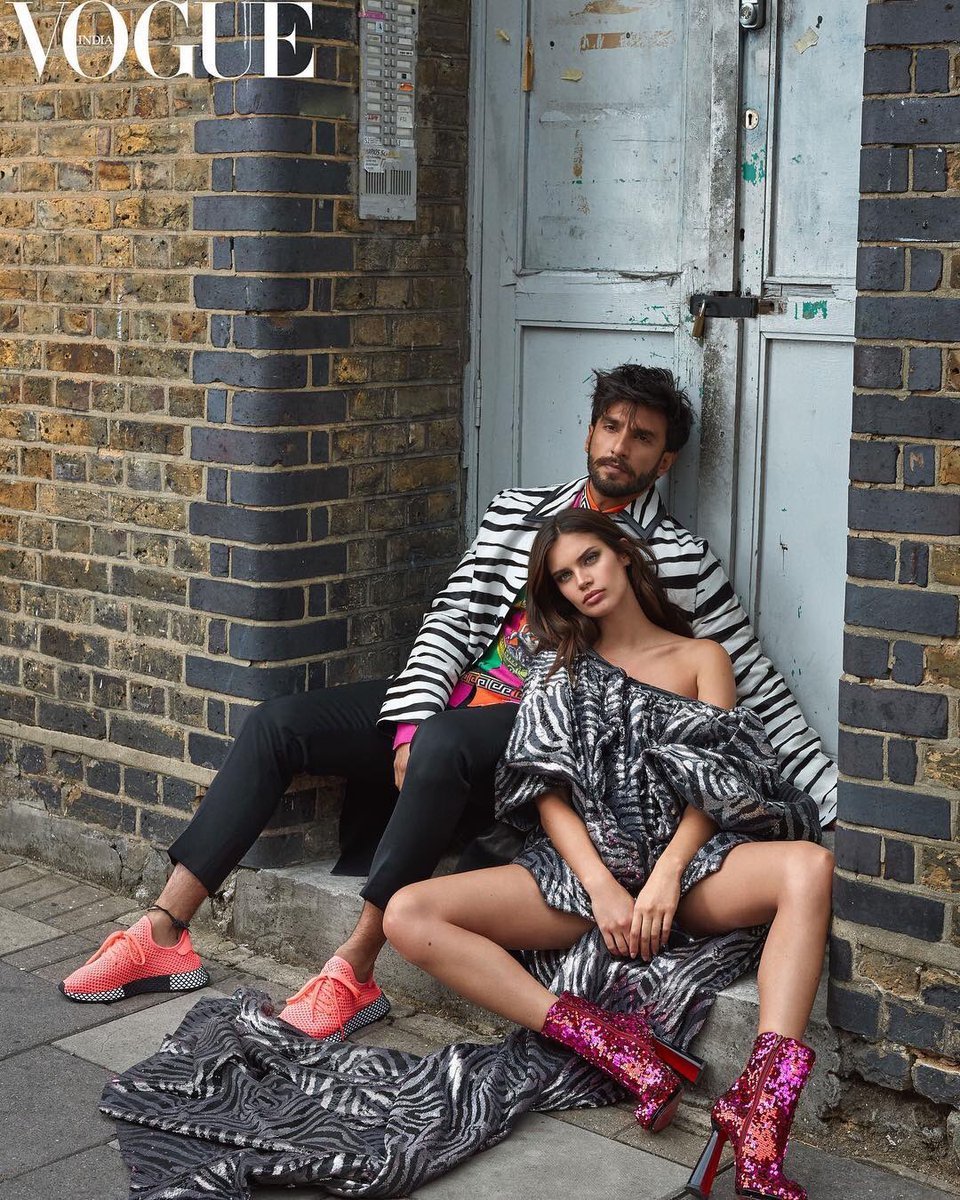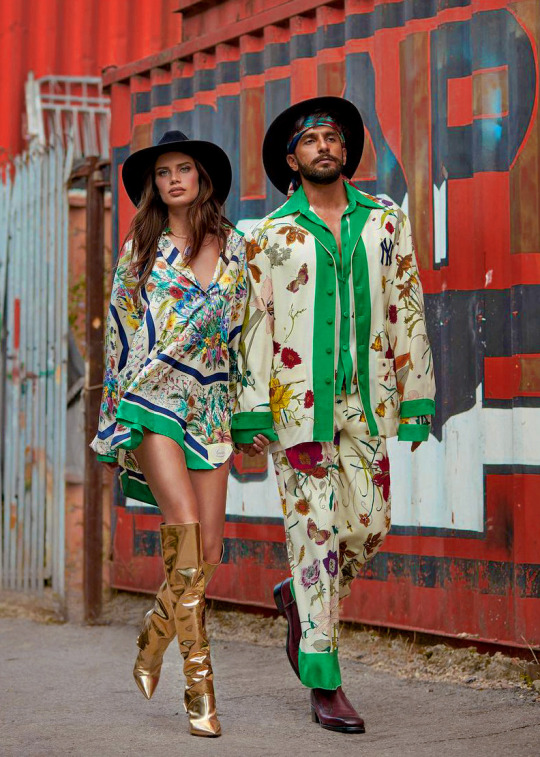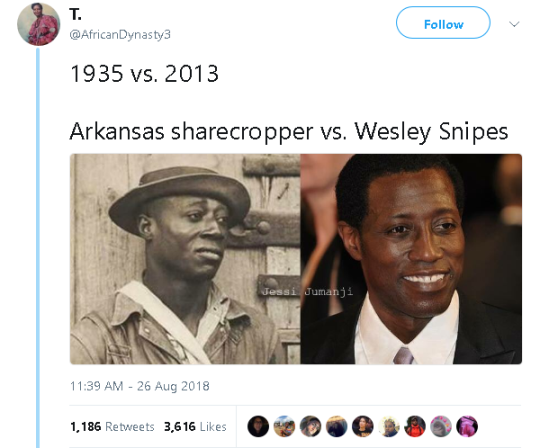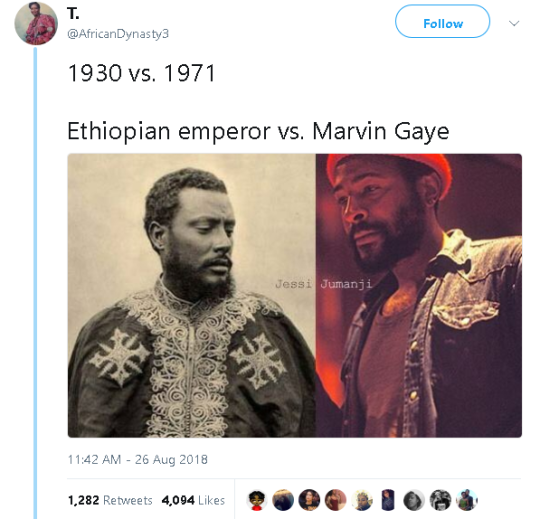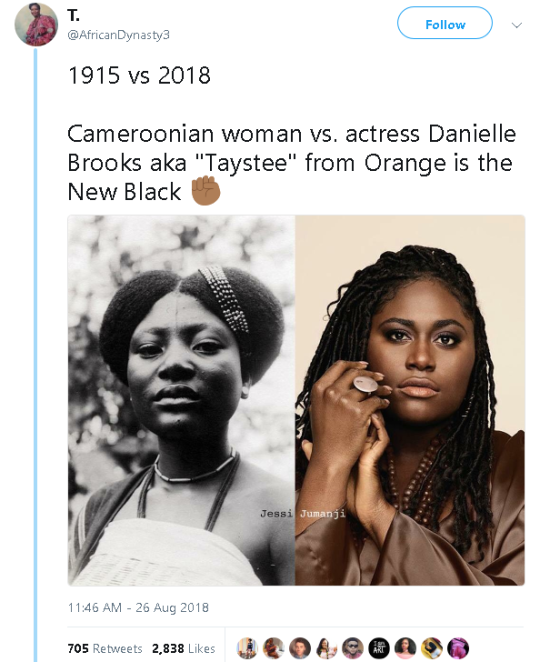You’ve likely heard the saying, “Prostitution is the world’s oldest profession.” And yet, despite this truth, our society has always looked down on sex workers and many still assume that all sex workers do their jobs out of desperation or because they were forced into it.
Unfortunately, the #MeToo movement is fueling new misconceptions about sex workers. Some uninformed social media users have suggested that the solution to stopping sexual predators is for them to hire a sex worker when they want to abuse.
This so-called solution is not only dehumanizing, it is false; sex workers are not target practices for sexual abusers.
In fact, sex workers are more likely to experience sexual violence on the job than those engaging in other types of work. However, I’ve seen very little in the media about how they are being impacted by #MeToo.
As a survivor, I deeply appreciate how #MeToo has empowered fellow survivors to publicly share their stories. However, the glaring absence of sex workers’ #MeToo narratives in the spotlight troubles me, especially as an on and off burlesque performer.
Burlesque is a type of sex work, which is defined by the Sex Workers Outreach Project-USA(SWOP) as “any type of labor where the explicit goal is to produce a sexual or erotic response in the client.” I don’t consider it my profession, but I’ve unapologetically participated in sex work.
Sex workers use their bodies to make money like any other worker but aren’t afforded the same rights and protections. I believe the first step to ending sexual violence against sex workers is acknowledging their labor as valuable.
Briq House, communications director at SWOP-USA, does sex work because she enjoys it and thinks of her labor as sacred. Based in Seattle, she’s a Black bisexual queer sex worker, intimacy coach, burlesque performer/producer, teacher, and artist.
While Briq House loves her work, she acknowledges it isn’t always easy. Sex workers are being abused and even murdered on the job. Unprotected by the law, they’re unlikely to report rape and sexual assault to the police. In 2017, nearly 40 sex workers were killed that we know of.
The International Day to End Violence Against Sex Workers has been observed every Dec. 17 since 2003 to commemorate slain sex workers around the world. On this holiday, it’s essential to remember that Black trans woman sex workers are especially at-risk of being killed.
Sex workers are murdered just for doing their job, yet our society lacks empathy for them. They’re the punchline of vulgar jokes, and “prostitute” is the preferred insult of misogynist men towards women.
Briq House explains that sex workers have boundaries like everybody else. They come to a mutual agreement with patrons about what type of interaction both parties are interested in having.
“Every sex worker has boundaries they operate within and communicate to their client. If a client deliberately tries to or succeeds in going past the boundaries that were set by the provider, that is assault,” she says.
Joking about sex workers and diminishing their humanity makes it less safe for them. Queer and trans women of color doing sex work are more likely to be violated than their white counterparts simply because of their identities.
Our culture requires a drastic shift for queer, trans, and People of Color sex workers to feel safe and respected. I’m personally committed to building a world where sex workers are free from all forms of violence.
We must counter their absence within the #MeToo movement by lifting up their stories and supporting them whenever we can. If you are an aspiring ally to sex workers, here are three ways to be in solidarity with them during the #MeToo era
Why We Must Protect Sex Workers At All Costs During The #MeToo Era
